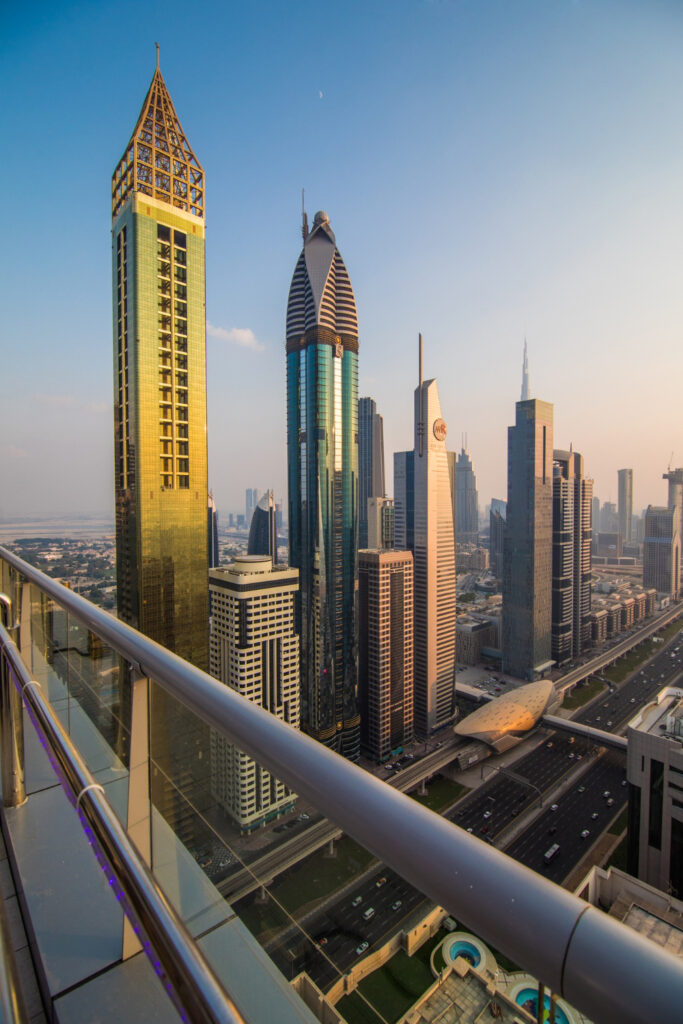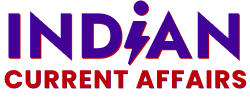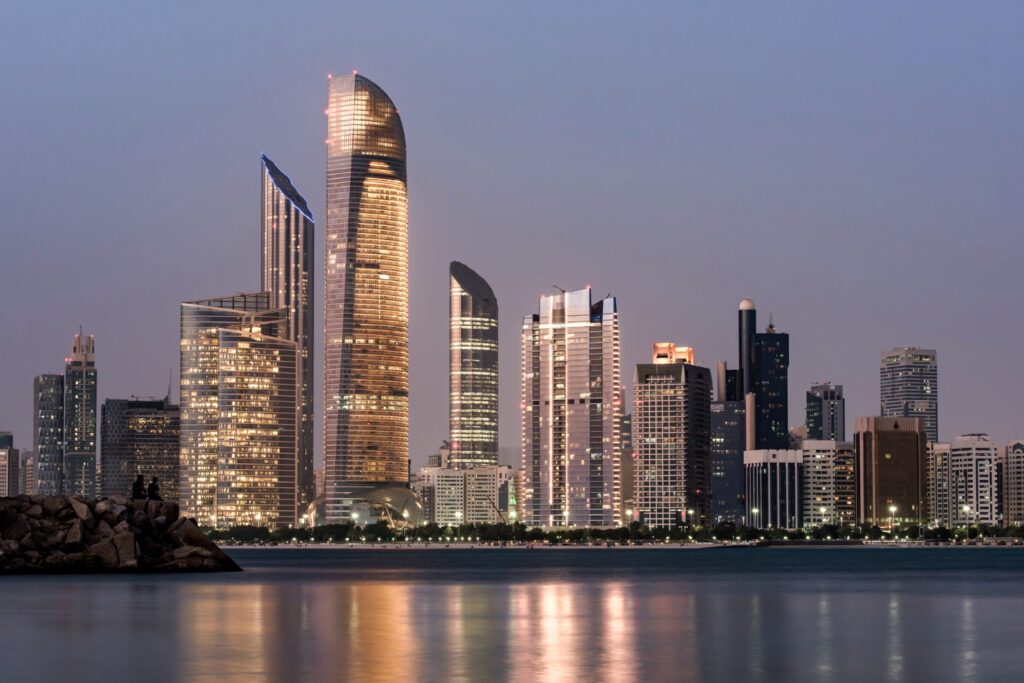Introduction
Dubai has long been a global hub for business, trade, and innovation, offering world-class infrastructure and investor-friendly policies. In line with its vision to strengthen its position as an international economic powerhouse, Dubai has introduced the ‘One Freezone Passport’ initiative. This new reform aims to simplify business licensing and operations, making it easier for companies to expand across multiple freezones with a single license. The move is expected to attract foreign direct investment (FDI), reduce bureaucratic barriers, and support Dubai’s strategic goal of becoming a preferred global business destination.
What is the ‘One Freezone Passport’?
The One Freezone Passport is a unified licensing system that allows businesses operating in Dubai’s freezones to expand their activities across different zones without the need for multiple approvals and registrations. Traditionally, each freezone in Dubai had its own licensing authority, which meant companies had to undergo separate processes when expanding into new freezones.
With this initiative:
- A single license will be valid across participating freezones.
- Businesses can seamlessly operate and collaborate across sectors.
- Administrative costs and compliance burdens will be reduced.
- Entrepreneurs and multinational companies will gain greater flexibility in scaling their operations.
Why This Initiative Matters for Dubai
The launch of the One Freezone Passport reflects Dubai’s commitment to ease of doing business and its larger economic transformation plans under Dubai Economic Agenda D33. By introducing this streamlined system, Dubai aims to:
- Enhance Global Competitiveness
Simplified licensing improves Dubai’s appeal to investors compared to competing global hubs like Singapore, Hong Kong, and London. - Boost FDI and Global Investments
Removing redundant processes will attract more multinational companies seeking to establish a regional headquarters in Dubai. - Promote Innovation and Collaboration
Freezones often focus on specific industries—such as media, technology, logistics, or finance. Allowing businesses to operate across multiple freezones encourages cross-sector partnerships. - Support SMEs and Startups
Small and medium-sized businesses will benefit from reduced costs and simpler compliance, encouraging more entrepreneurship.
Benefits for Businesses

The One Freezone Passport is expected to deliver numerous advantages for companies and entrepreneurs:
- Cost Efficiency: Eliminates the need for multiple licenses and renewal fees.
- Time Savings: Faster setup and expansion with fewer regulatory hurdles.
- Greater Market Access: Companies can target wider customer bases across industries.
- Seamless Mobility: Businesses can expand offices, warehouses, or production facilities across zones without reapplying.
- Improved Collaboration: Encourages joint ventures and knowledge-sharing among companies from diverse sectors.
Impact on Global Investors
International investors view Dubai as a gateway to the Middle East, Africa, and South Asia. The One Freezone Passport strengthens this positioning by:
- Creating a unified business ecosystem that is more attractive for multinational corporations.
- Encouraging foreign firms to set up regional headquarters in Dubai.
- Reducing legal complexities that often discourage foreign businesses unfamiliar with local licensing.
- Supporting cross-border trade and e-commerce with streamlined logistics and operational frameworks.
Alignment with Dubai’s Economic Vision
The initiative ties into Dubai’s D33 agenda, which aims to double the size of the economy in the next decade and place Dubai among the world’s top three global cities. A few key goals aligned with this program include:
- Making Dubai the world’s best city to live and work.
- Increasing annual FDI inflows significantly.
- Promoting knowledge-based industries, digital economy, and sustainability-driven growth.
The One Freezone Passport ensures that bureaucratic red tape does not hinder Dubai’s ambitions to attract top talent, innovative startups, and global corporations.
Comparison with Global Models
Many leading economies provide ease-of-doing-business initiatives. For example:
- Singapore offers seamless licensing for cross-sector businesses.
- Hong Kong simplifies company registration with a single-window platform.
- Dubai, with its One Freezone Passport, is now taking a step ahead by integrating multiple semi-autonomous freezones under a unified licensing framework.
This positions Dubai as one of the most progressive business-friendly ecosystems in the world.
Challenges and Implementation
While the One Freezone Passport is a landmark reform, it may face challenges such as:
- Integration of multiple authorities: Each freezone has its own governing body, and aligning them requires cooperation.
- Regulatory harmonization: Ensuring consistent rules across sectors will be crucial.
- Awareness and adoption: Businesses need clear communication about the benefits and processes.
The Dubai government is expected to launch awareness campaigns, digital platforms, and investor facilitation centers to ensure smooth execution.
Future Outlook

The One Freezone Passport is not just a licensing reform—it is a strategic step toward economic diversification and innovation-driven growth. Looking ahead, we can expect:
- Higher FDI inflows from Europe, Asia, and North America.
- Growth in tech startups choosing Dubai as their hub.
- Enhanced global trade opportunities leveraging Dubai’s logistics and connectivity.
- Sustainable business growth aligning with green initiatives and smart city goals.
Conclusion
Dubai’s launch of the One Freezone Passport is a groundbreaking reform that reinforces its reputation as a global business hub. By streamlining licensing processes, reducing costs, and boosting investor confidence, the initiative is set to reshape Dubai’s economic landscape. It represents a bold step towards building a more integrated, collaborative, and future-ready business environment that aligns with Dubai’s vision for 2030 and beyond.
As companies and investors worldwide look for stable, innovation-driven markets, Dubai is positioning itself at the forefront—ensuring that its business ecosystem remains dynamic, inclusive, and globally competitive.
Short FAQ on Dubai’s One Freezone Passport
Q1: What is the One Freezone Passport?
It is a unified business license allowing companies to operate across multiple Dubai freezones without needing separate approvals.
Q2: How will it benefit businesses?
It reduces costs, saves time, expands market access, and simplifies compliance for startups and global corporations.
Q3: Who can apply for the One Freezone Passport?
Any business operating in Dubai’s freezones, from SMEs to multinational companies.
Q4: How does this support Dubai’s economic agenda?
It aligns with the D33 strategy, which aims to double Dubai’s economy and attract significant FDI over the next decade.
Q5: When will it be implemented?
Implementation details are being finalized, with phased rollouts expected across participating freezones.

